The Resurgence of Classical Techniques in Contemporary Art
In an age where digital technologies permeate every aspect of our lives, the art world is witnessing a surprising and profound renaissance of classical techniques. From the meticulous brush strokes of oil painting to the ancient craft of stone-sculpting, contemporary artists are reaching back through time to embrace practices that once defined the pinnacle of artistic achievement.
The question arises – why, in our era of rapid technological advancement, are artists looking to the past for inspiration? The answer may lie in the desire for tangibility and authenticity. In the face of an increasingly virtual reality, the physicality of traditional mediums offers a grounding counterpoint. By their very nature, classical techniques necessitate a slower, more contemplative approach to creation – each line, texture, and hue wrought by the direct touch of the artist.
One prime example of this resurgence is found in the work of painters like Kehinde Wiley, whose portraits echo the grandeur and complexity of historical paintings. Wiley's pieces draw from the visual language of the Old Masters, infusing the aesthetics with modern subjects and themes to create a dialogue between past and present. This not only revives a historical technique but also recontextualizes it for contemporary audiences, allowing these age-old methods to acquire new, vibrant meanings.
Similarly, the art of etching and woodcut printing is finding new expression in the hands of artists who value the unique textures and processes inherent to these forms. These artists, such as Julie Mehretu and William Kentridge, push the boundaries of what these techniques can portray, blending the lines between classical and avant-garde.
Sculpture, too, is undergoing a reawakening. Artists like Miquel Barceló and Simon Gudgeon are using marble, bronze, and other traditional materials to carve out modern narratives. These materials, with their weight and resistance, demand a level of physical engagement that cannot be duplicated by their digital contemporaries. The resulting works speak to a continuity of human craftsmanship through time, connecting the present to epochs of artisans who shaped the very stones of history.
Moreover, the revival of these age-old methods may be bolstered by the increasing accessibility to education on traditional art techniques. Online platforms, workshops, and university courses are reviving knowledge that was once the province of a select few, demystifying processes such as oil glazing, egg tempera, or gold leaf gilding. This educational renaissance has enabled a diverse group of creators to partake in and perpetuate the heritage of classical arts.
The intersection of modern-day concerns with time-honored techniques is evident in the growing trend of environmentally conscious artistry. Artists are exploring how to employ classical methods in a manner that aligns with sustainable practices, sourcing materials responsibly and highlighting conservation through their subject matter.
Yet, this classical resurgence is not merely the repetition of the past but a transformative re-imagining. Contemporary artists are not simply imitating the styles of yesteryear; they are interrogating and reconstructing them, pushing the boundaries of what these techniques can convey in the modern world. Through their work, they are engaging in an ongoing conversation across centuries, examining what these methods have meant historically and what they can mean today.
As this article will explore, the convergence of the traditional and the modern in art is not only an aesthetic choice but a statement on the part of today's artists...
[To be continued...]... about the value of history and the enduring power of human expression. In weaving the threads of the past with the fabric of contemporary culture, these artists are also addressing the zeitgeist of a society yearning for connection and depth.
Take, for instance, the realm of portraiture. The proliferation of selfies and digital imagery has altered our perception of portraiture, shifting it towards a more ephemeral, fleeting representation. Yet artists like Alyssa Monks are rebutting this trend with hyper-realistic oil paintings that require hundreds of hours to complete. Their work calls on viewers to pause and reflect on the complexity and subtlety of human presence, something often glossed over in the digital age. Through their painstaking techniques, they challenge the viewers to engage deeply with the subject and medium, forging a more intimate and enduring encounter.
Another aspect contributing to this classical resurgence is the tangible heritage that such artworks embody. As society becomes more conscious of cultural legacy, artists employ historical techniques to create works that are inherently linked to collective memory and identity. In contexts where cultural traditions are at risk of being forgotten or overshadowed, these methods offer a form of preservation and resistance. From Japanese ukiyo-e woodblock prints to indigenous textile weaving, artists are invoking these practices to honor and sustain their cultural narratives.
Furthermore, the use of classical techniques also opens a dialogue around the notion of mastery and skill in art. The contemporary art scene often emphasizes concept over craft, yet there's a growing admiration for the sheer technical prowess that classical methods demand. In a culture saturated by instant gratification, there's a renewed respect for the dedication required to master the complex disciplines of the past. This appreciation manifests itself not only among fellow artists but also among collectors and the public, who find value in the intricacy and labor-intensity of such works.
The dialogue between old and new is perhaps most poignantly reflected in the realm of public art. Fresco paintings, mosaic installations, and large-scale sculptures in traditional mediums are reappearing in public spaces, bringing the evocative power of history into the rhythms of modern life. Artists like JR and Swoon have harnessed these ancient forms to powerful effect, embedding classical motifs and techniques within the urban landscape to striking ends.
Art conservationists and historians also play a key role in this resurgence. Through their efforts in preserving and displaying classic art forms, they provide contemporary artists with living examples of historical techniques. The sustained interest in visiting museums and galleries suggests a wider cultural hunger for direct engagement with these artifacts of history, which in turn inspires artists to draw from this rich visual vocabulary.
Lastly, the swell of interest in artisanal and handmade goods in contemporary culture echoes this return to classical art techniques. The appreciation for the individual maker's touch has never been stronger as people seek out objects with a story and a soul. This desire for craftsmanship transcends the boundaries of fine art and permeates wider consumer habits, influencing everything from the fashion industry to interior design.
In conclusion, the resurgence of classical techniques in contemporary art signifies more than a nostalgic glance backward; it is an active, dynamic process of engagement with the lineage of human creativity. Through these venerable practices, artists are forging new paths and asserting the vitality of hands-on creation in a digitalized world. This phenomenon is not just a fleeting trend but appears to be an enduring part of the contemporary artistic landscape, as the allure of connecting with the depth of our artistic heritage continues to captivate the imaginations of artists and audiences alike.
The fusion of tradition and innovation, embodied by the classical revival, holds a mirror to society's evolving relationship with its past, and more crucially, its future. As technology propels us forward at an ever-accelerating pace, the grounding influence of history's artistic achievements reminds us of the timelessness of the human spirit, compelling us to look forwards and backwards simultaneously in the endless dance of creation.

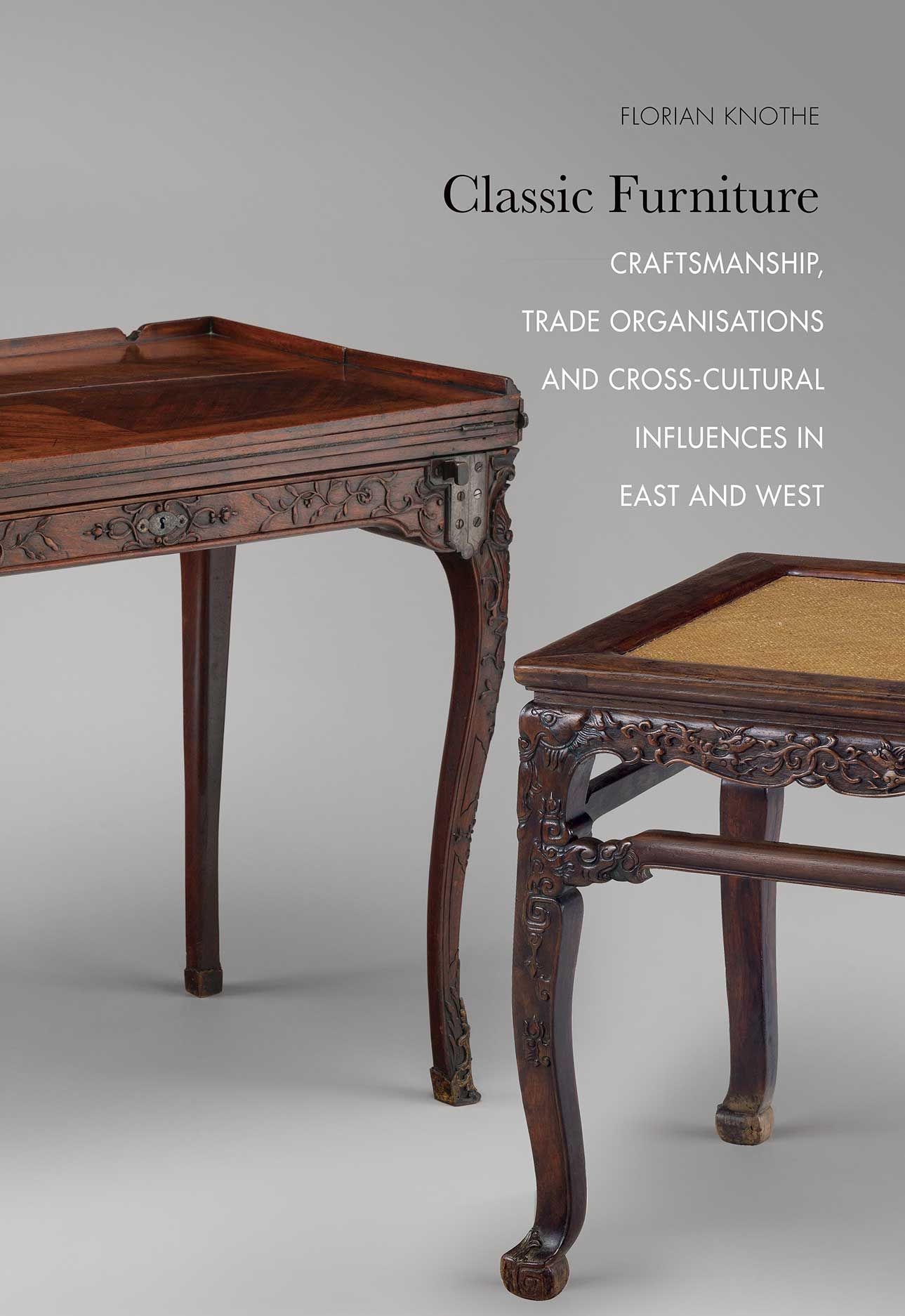
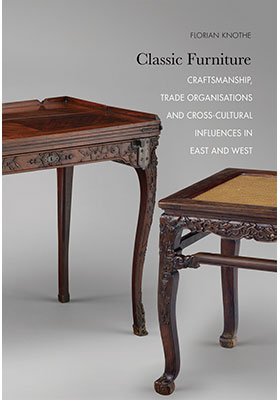



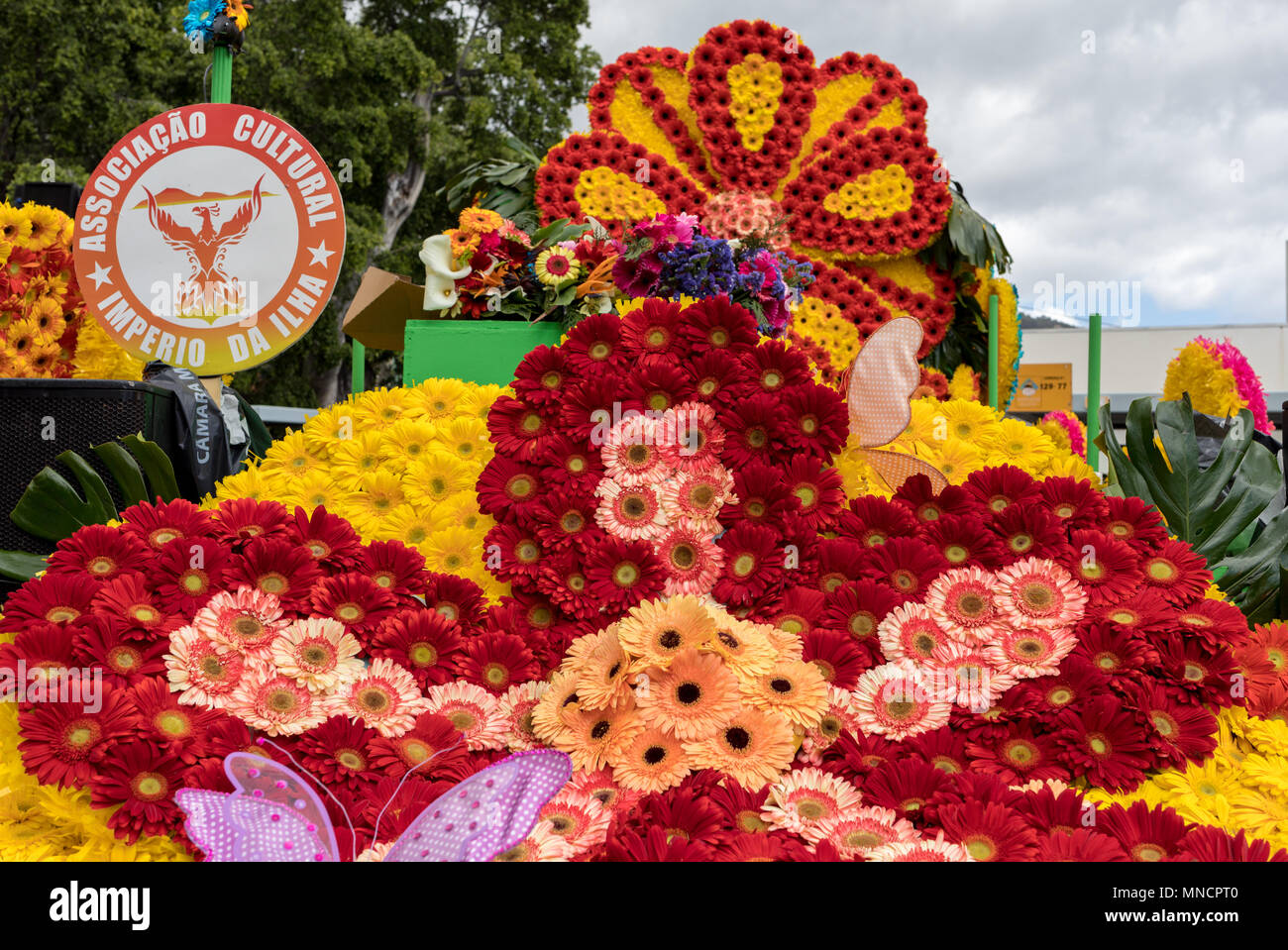



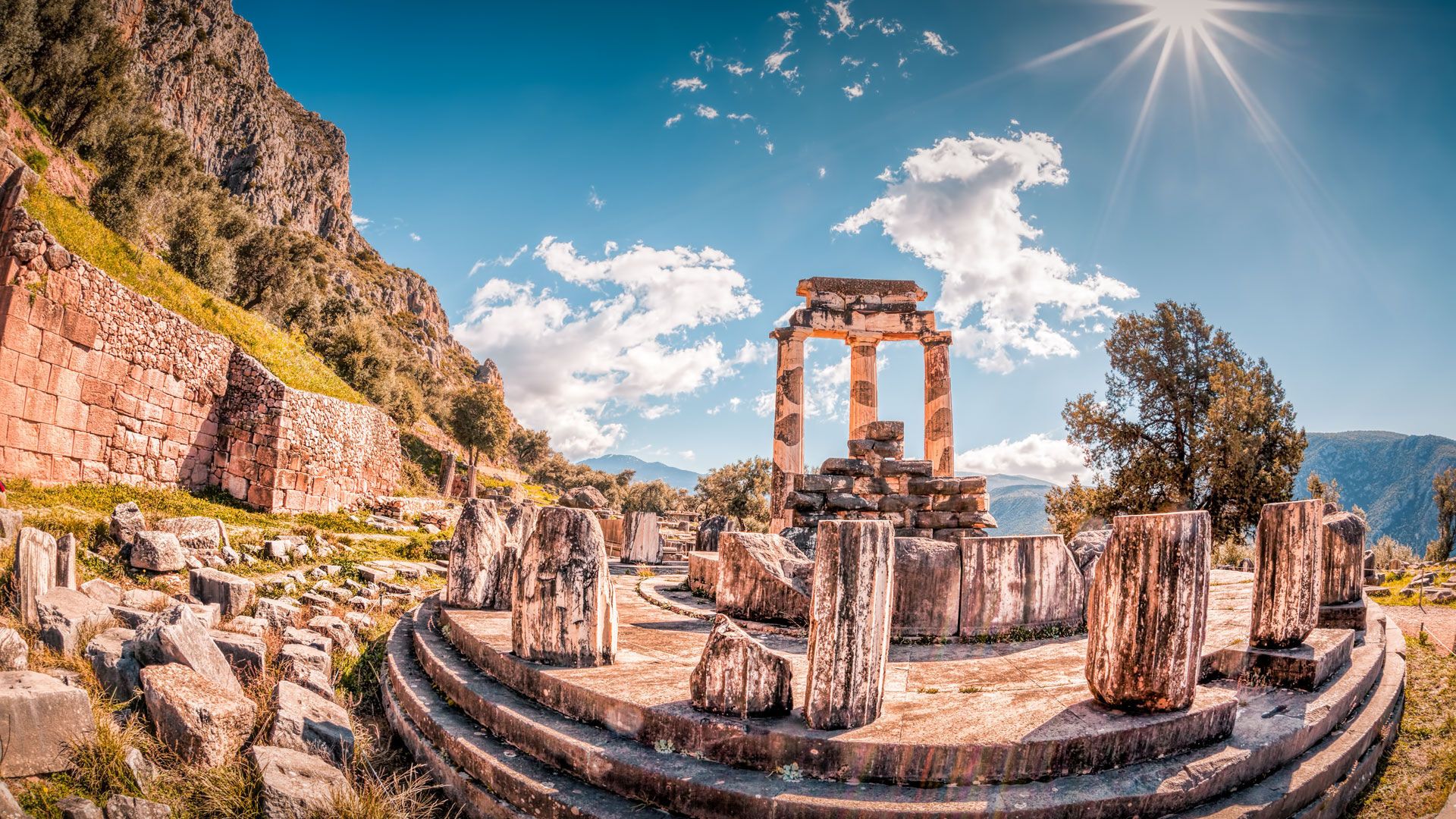



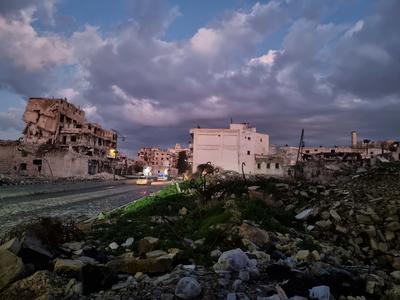






Comments